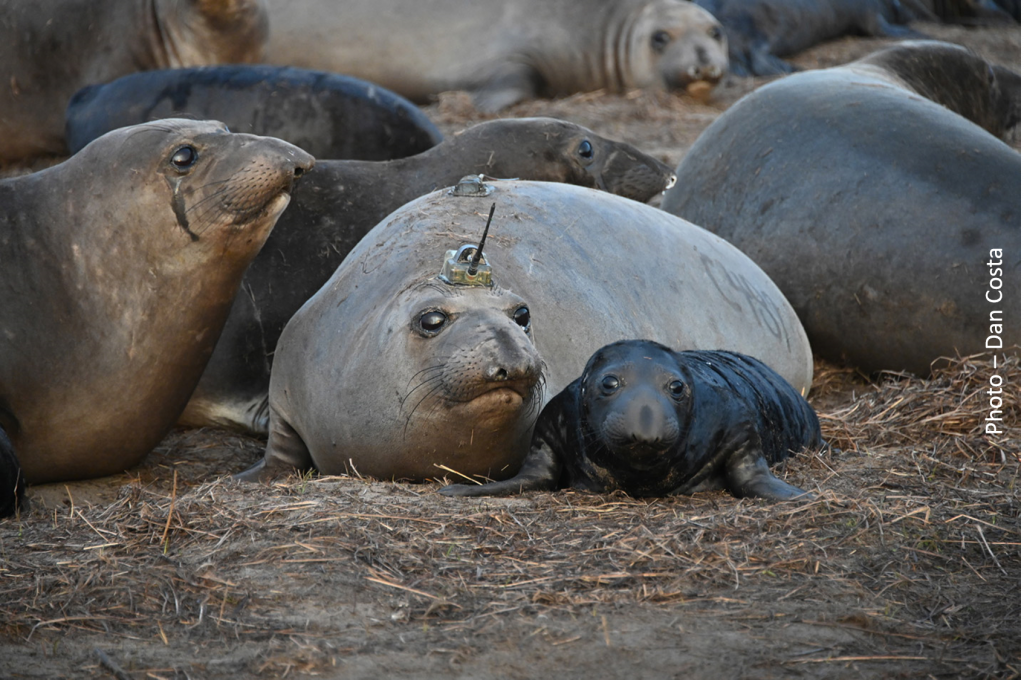Great progress has been made in measuring and monitoring the ocean, understanding of ocean and ecosystem processes and their role in maintaining the climate and food systems, forecasting and predicting ocean related impacts to coastal communities and implementing management and conservation frameworks that reduce threats and restore some key ecosystems. However, the basic benefits that people derive from a healthy ocean are in decline.
In a new paper in the Proceedings of the National Academy of Sciences, CLIOTOP Co-chair Karen Evans and colleagues Linwood Pendleton and Martin Visbeck argue that a transformation in ocean science is needed in order to arrest this decline and achieve the ocean we need for the sustainable future we want. The UN Decade of Ocean Science for Sustainable Development (2021-2030) provides an opportunity to create a new movement that brings together the many disciplines of science, other disciplines (e.g. arts, humanities, engineering, law) and stakeholders from all relevant ocean sectors to generate new processes for informing policies that ensure a well-functioning, resilient and sustainable ocean that continues to provide benefits for all. They argue that the success of the Ocean Decade in achieving a sustainable future ocean will require an approach that is inclusive, participatory, and global in its ability to plan, implement, and deliver the required science in innovative ways that makes it accessible to and useable by all.
